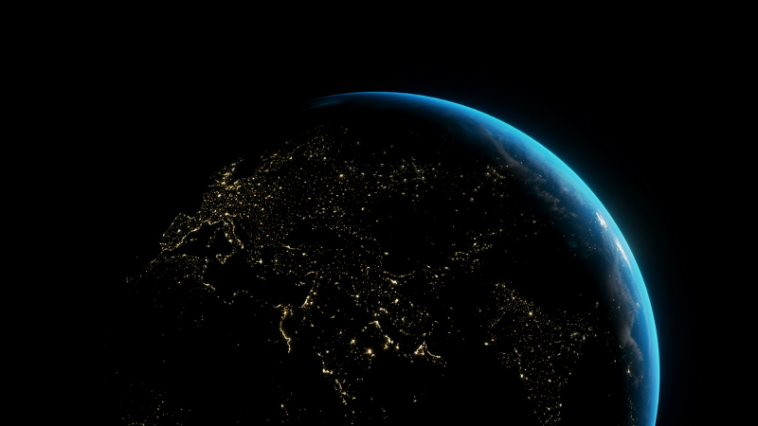Earth has been losing its shine. Literally.
According to new data from NASA, our planet is reflecting less sunlight back into space than it did two decades ago. The difference is small in percentage but big in impact — a sign that the planet’s delicate heat balance is slipping further out of tune.
The data comes from the space agency’s CERES satellite instruments, which have tracked the planet’s “radiation budget” for 24 years. That’s the measure of how much energy the Earth takes in from the sun versus how much it sends back out. Lately, the math isn’t adding up. We’re absorbing more than we’re returning.
What’s behind the dimming? The short answer is climate change. The long answer is the slow unraveling of the planet’s natural reflectors — snow, ice, cloud cover — replaced by darker surfaces that soak up heat instead of bouncing it away. The Northern Hemisphere, in particular, has been hoarding sunlight like a bad habit.
Once, vast stretches of white Arctic ice and snow acted like a mirror, deflecting solar energy into space. Now, much of that has melted. What’s left are open seas and bare rock — both excellent heat absorbers. The cleaner air of recent decades hasn’t helped either. It sounds strange, but the smog that used to blanket much of the industrial world actually reflected sunlight. Fewer aerosols mean clearer skies — and more direct heat reaching the ground.
So, while the air may be cleaner and the skies bluer, the planet underneath is running a fever.
Scientists describe it as a “dangerous imbalance” in Earth’s radiation system. Less reflection means more trapped heat, and that extra energy doesn’t just sit quietly — it fuels stronger storms, rising seas, melting glaciers. It’s like adding one more log to a fire that’s already too hot.
NASA’s findings don’t come as a surprise to climate researchers, but they confirm what’s been suspected for years: the planet’s feedback loops are now working against us. Fewer bright surfaces mean more warming, which melts more ice, which creates fewer bright surfaces, and so on.
There’s a grim irony in all this. After decades of fighting pollution, we finally made the skies clearer and accidentally made the Earth darker.
From orbit, that might not look like much. A slight drop in reflectivity, a few missing tenths of a percent. But from here, on the ground, it’s the kind of subtle change that moves the line between stability and crisis.
The Earth isn’t fading like a dying star. It’s dimming like a warning light — steady, quiet, and impossible to ignore.
Source: Vice

